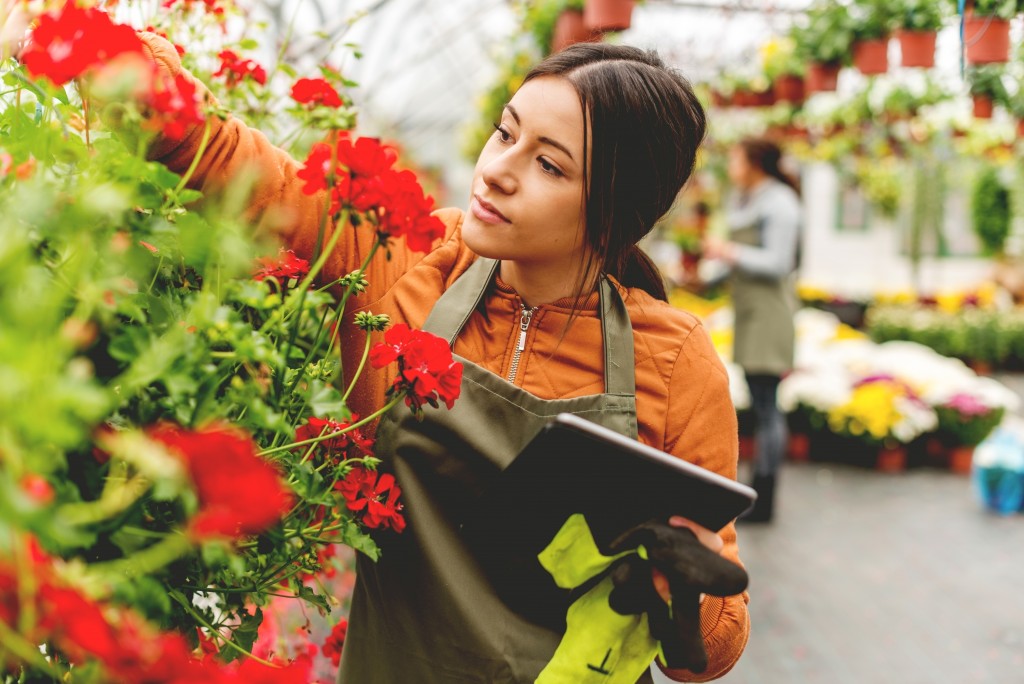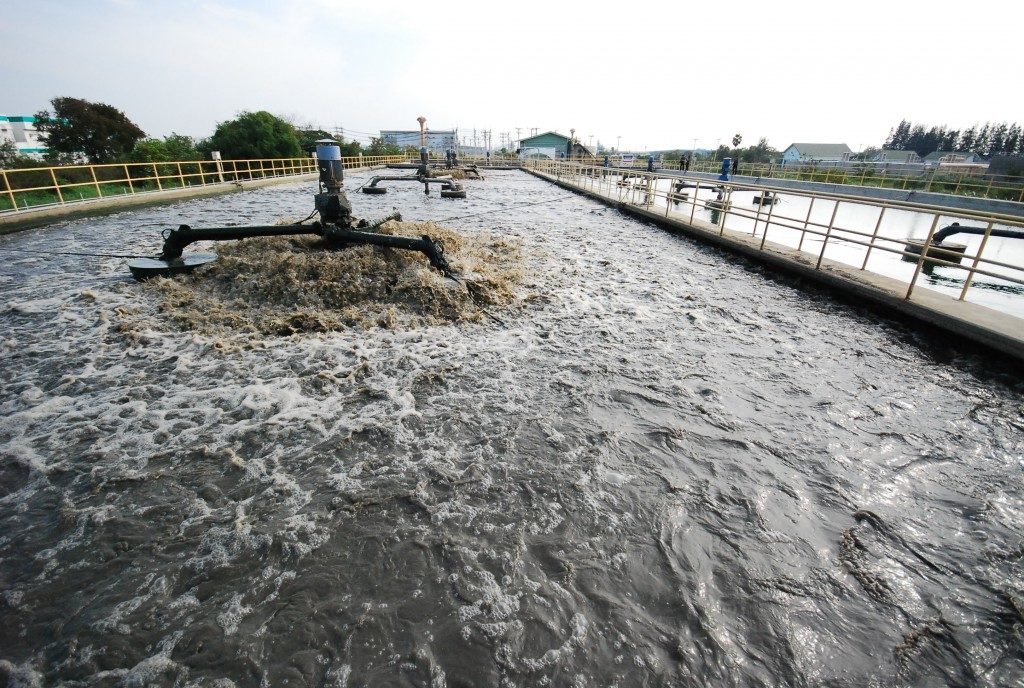On the average summer day, eight hours of the sun’s radiation shining on a patch of earth one square meter in size is worth an estimated 4.8 kilowatt-hours. That’s enough energy to power 48 100-watt bulbs for an hour. It’s equivalent to 0.13 gallons of gasoline. And it takes place each day without anybody having to lift a finger.
But making use of that energy is a different story. Whenever we try to convert energy into a useful form, some percentage of it is lost. Thus, if you really wanted to sustain your household activities off solar power alone, you’d need about 16 panels. And that doesn’t even begin to offset the installation cost, which can reach thousands of dollars.
Still, there’s a much easier way to make all that passive solar energy work in your favor. And it involves entirely natural components. Practicing efficient gardening can lower your energy costs while maintaining an attractive and restorative green space on your property.
Grow native plants
Businesses understand that efficiency is about inputs versus outputs. And inputs will always involve a minimum passive cost. No matter how much you save on outsourced labor and materials, you still need to consume energy for thermo-regulated storage. The cryogenic tanks themselves need occasional maintenance for wear and tear. Heavy loads and spills can damage floors. The list goes on.
Passive costs are amplified each time you go against nature. Look around your neighborhood and you’ll see this happening all the time in most people’s yards. They attempt to cultivate plants that aren’t suited to the environment, investing more time, effort, energy, water, fertilizer, and chemicals in the process.
There’s no harm in wanting to grow a few herb and vegetables, or flowers that look pretty. It’s part of why we tend gardens, after all. But you can be more efficient about it by growing native plants.
Every region has certain plant species that have evolved to be perfectly adapted to local conditions. Not only will they grow easily and require less attention, they are also resistant to pests and disease while helping you conserve water and energy. You can search for varieties that grow showy flowers or bear edible fruits, nuts, or seeds. And you’ll be helping out the local wildlife in the process by creating a more favorable habitat.

Add functionality
When you’re snug inside your home, it’s easy to forget how uncomfortable it can be outdoors. Even if you rarely have to deal with extreme weather, swing a few degrees up or down in terms of heat or humidity, and you’ll be thankful for the HVAC.
That constant comfort always comes at a cost, though. You see it every month on your energy bill. But it also manifests in the long term as your home’s exterior takes the wear and tear of the elements on your behalf.
Any property with a garden in it has the chance to mitigate these effects. Unfortunately, too many homeowners would rather exert themselves in keeping their lawns perfectly manicured. The more sensible application would be adding structural functionality to your garden.
Growing trees or hedges as a windbreaker for your home will take some time, but in the long run, you’ll enjoy year after year of protection from the elements. They will lessen the beating your walls take from the weather and save on heating costs. In a hot climate, grow trees for shade instead, and you’ll spend less on cooling and ventilation.
Using compost and mulch
Besides sunlight, plants need water and nutrient-rich soil in order to thrive. Many homeowners find it convenient to just add fertilizer and turn on the sprinklers, but that’s hardly an efficient way to do things. Not when you could accomplish the task with abundant resources at your disposal.
Making your own compost is a vital practice for any home gardener. It enriches the soil using little more than kitchen scraps, plant cuttings, wood chips or sawdust, and similar waste materials. At the same time, you’re saving the environment by diverting all that stuff away from landfills.
But the benefits of compost don’t end there. It also makes an excellent form of organic mulch. And mulching itself is a smart practice to conserve water. By covering the soil with a layer of mulch, more moisture is retained. Thus, you get to save money on both fertilizer and irrigation by literally turning trash into garden treasure.
With these simple and efficient gardening practices, you can nurture your garden and reap the benefits without needing more than the energy the sun already provides.





